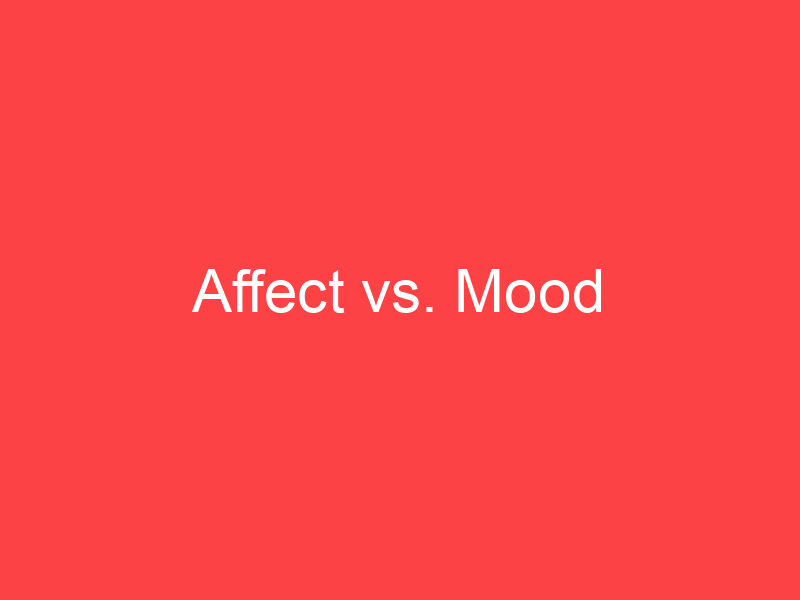-
Affect (verb)
To influence or alter.
“The experience affected me deeply.”
“The heat of the sunlight affected the speed of the chemical reaction.”
-
Affect (verb)
To move to emotion.
“He was deeply affected by the tragic ending of the play.”
-
Affect (verb)
Of an illness or condition, to infect or harm (a part of the body).
“Hepatitis affects the liver.”
-
Affect (verb)
To dispose or incline.
-
Affect (verb)
To tend to by affinity or disposition.
-
Affect (verb)
To assign; to appoint.
-
Affect (verb)
To make a show of; to put on a pretence of; to feign; to assume. To make a false display of. from 16th c.
“to affect ignorance”
“He managed to affect a smile despite feeling quite miserable.”
-
Affect (verb)
To aim for, to try to obtain. 15th-19th c.
-
Affect (verb)
To feel affection for (someone); to like, be fond of. from 16th c.
-
Affect (verb)
To show a fondness for (something); to choose. from 16th c.
-
Affect (noun)
One’s mood or inclination; mental state. 14th-17th c.
-
Affect (noun)
A desire, an appetite. 16th-17th c.
-
Affect (noun)
A subjective feeling experienced in response to a thought or other stimulus; mood, emotion, especially as demonstrated in external physical signs. from 19th c.
-
Mood (noun)
A mental or emotional state, composure.
“composure|humor|spirit|temperament”
“I’ve been in a bad mood since I dumped my boyfriend.”
-
Mood (noun)
A sullen mental state; a bad mood.
“huff|q=informal|pet|temper”
“good humour|good mood|good spirits”
“He’s in a mood with me today.”
-
Mood (noun)
A disposition to do something.
“huff|frame of mind”
“I’m not in the mood for running today.”
-
Mood (noun)
A prevalent atmosphere or feeling.
“A good politician senses the mood of the crowd.”
-
Mood (noun)
Courage, heart, valor; also vim and vigor.
“He fought with mood in many a bloody slaught.”
“He tried to lift the fallen tree with all his main and mood, but he couldn’t.”
-
Mood (noun)
A verb form that depends on how its containing clause relates to the speaker’s or writer’s wish, intent, or assertion about reality.
“grammatical mood|mode”
“The most common mood in English is the indicative.”

